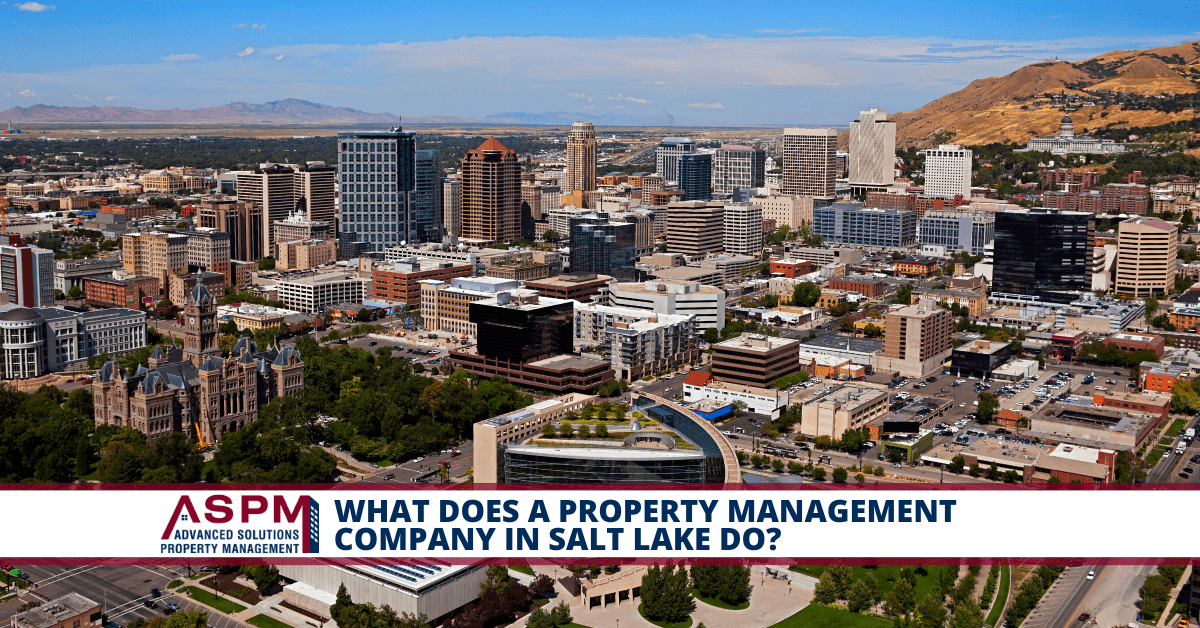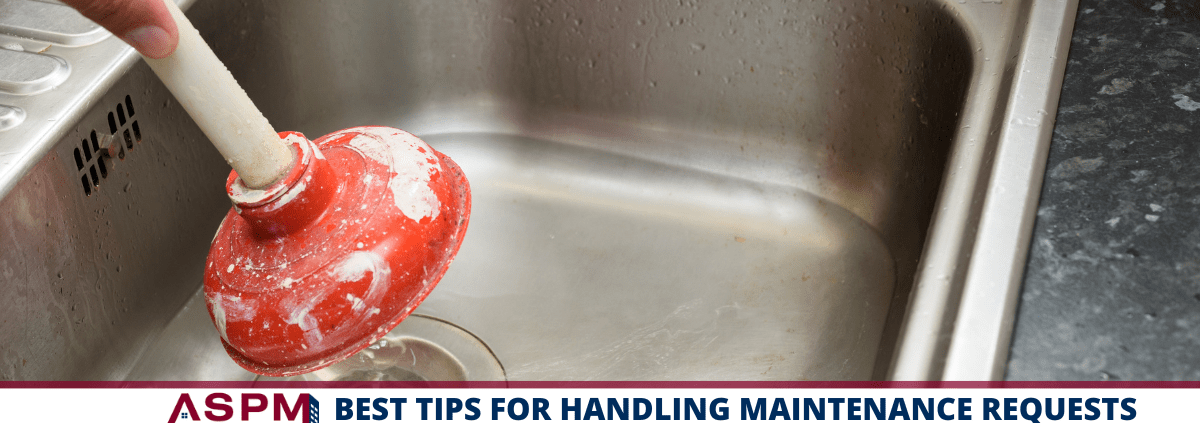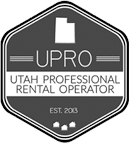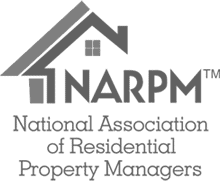Why You Should Hire a Property Management Company Before Buying Investment Property
Like any business, investment property does not run itself. Even if you are in the same city as your investment property, unless you intend to look after your investment full-time, you really need a property management company in Salt Lake City to handle the myriad details required to protect both you and your investment.

Transferring to Another City
One type of investment property comes about when you are transferred to another city, but you don’t want to give up your dream home. One day you will return. Your house becomes a rental property subject to an entire spectrum of laws governing this type of investment. You really need a property management company in Salt Lake City who is required by the state to be a fully licensed real estate agent or broker. If nothing else, the amount of time it takes to go through all the forms and requirements is probably prohibitive for the average individual.
Avoiding Putting Up a “For Rent” Sign in the Front Yard
Are you thinking about putting a “For Rent” sign in the front yard and letting people inquire? The list of objections to that goes on for pages. The major upkeep and repairs to the house are the same as when you lived there. But you had to deal with leaks, broken windows, hail damage, appliance replacement, and the like yourself. The renter will pick up the phone and turn the problems over to you. If you had a rental management company for your house, they would have all the connections to fix problems with less cost than if you did it yourself.
Buying an Investment Property
This is a good reason to start with a good property management professional. As already mentioned, in most states, a property manager is also a licensed real estate agent/broker who can help you find good investment properties, steer away from white elephants, and guide you through all the paperwork required for a real estate purchase. This is where a Salt Lake based property manager comes in handy.
Typical Services of a Salt Lake City Property Management Company
Vacancy Marketing
Vacancy Marketing is where the property management company cares for business advertisement. Investment property that is unoccupied is losing money for the owner. For example, say that one of your properties regularly gets $1,000 per month income. If that property sits vacant for even one month, your annual income from that property has gone from $12,000 to $11,000 (or $916.66 per month). Because a property management service does volume business in the area, they will be able to market your property cheaper and more efficiently than a single individual/owner.
Tenant Evaluation
Tenant Evaluation is another service a quality property manager provides in much greater depth than an average individual is able to do. You want tenants who can pay their lease and have a history of being good renters elsewhere. You want tenants who demonstrate previous care for their rented property. Experts in property management are more likely than average individuals to be able to make good tenant calls.
Property Management Expertise
This expertise includes a number of legal matters such as lease structuring tailored to fit your needs and those of the tenant within the legal requirements in Utah.
Lease Enforcement
Lease Enforcement is a vital contribution of a property management company. Everyone has heard the old phrase, “It’s a dirty job, but someone has to do it.” Whether the owner of the investment property is in the same city, across the country, or overseas, the property manager is equipped to handle lease enforcement situations where a tenant has failed to honor the terms of the lease.
Obligations of the Owner
Obligations of the owner in investment property include repairs, appliance replacements, and possibly lawn and garden services among other items. Rental property management companies may even have a regular maintenance crew to go around to inspect properties and make small repairs. Barring an in-house crew, the property manager will have several local upkeep services they can depend on to handle your property’s needs. Such things come with the territory of investment property ownership. When it comes to appliance replacement, the property manager will be able to acquire those items quickly and at less cost than an individual would have to pay.
At Advanced Solutions Property Management, our standard of service is built on a foundation that every client who deals with us will be treated with priority at all times. Our services are tailored to meet the specific needs of each individual client, no matter what their needs, and delivered in a professional, ethical, and accountable manner.















